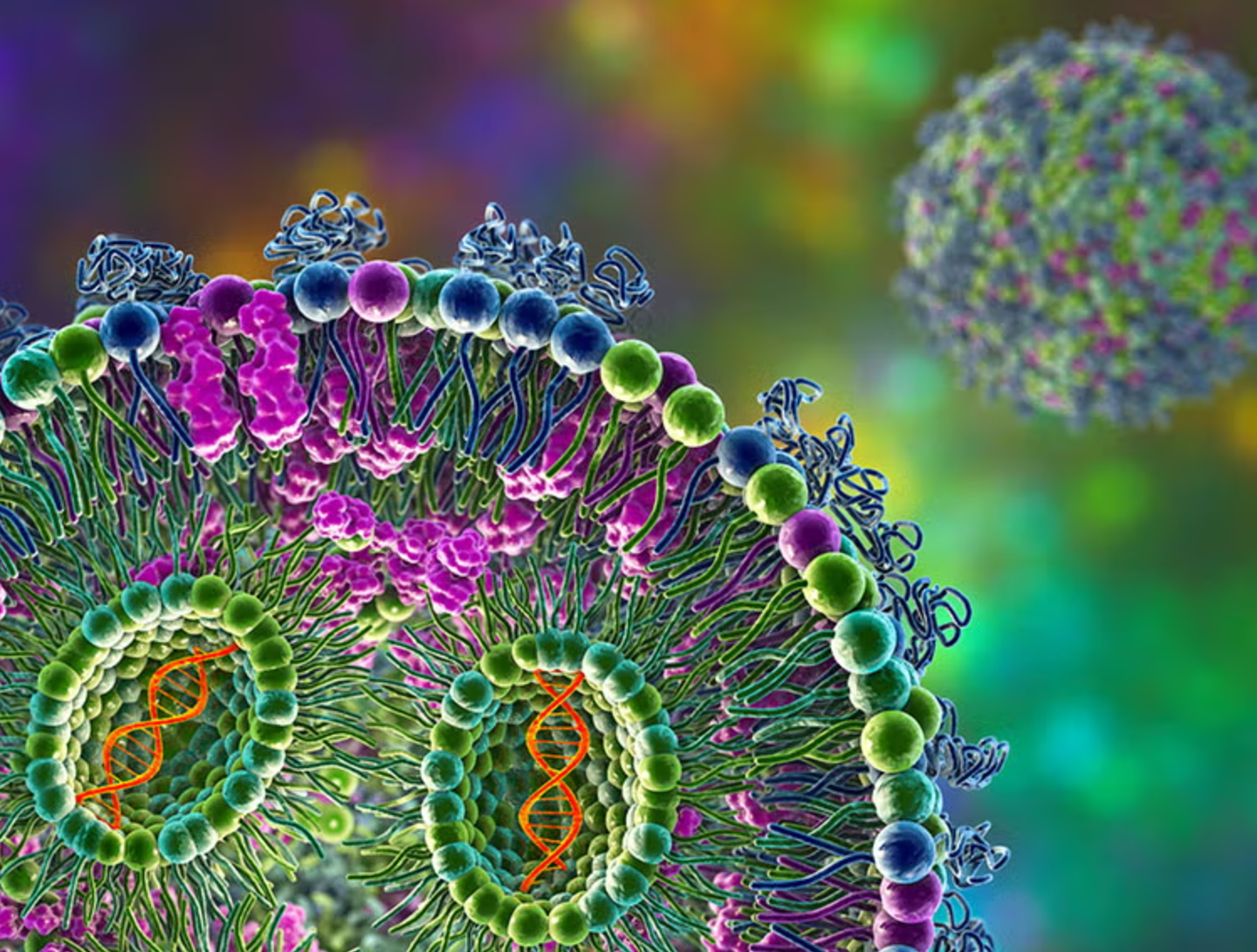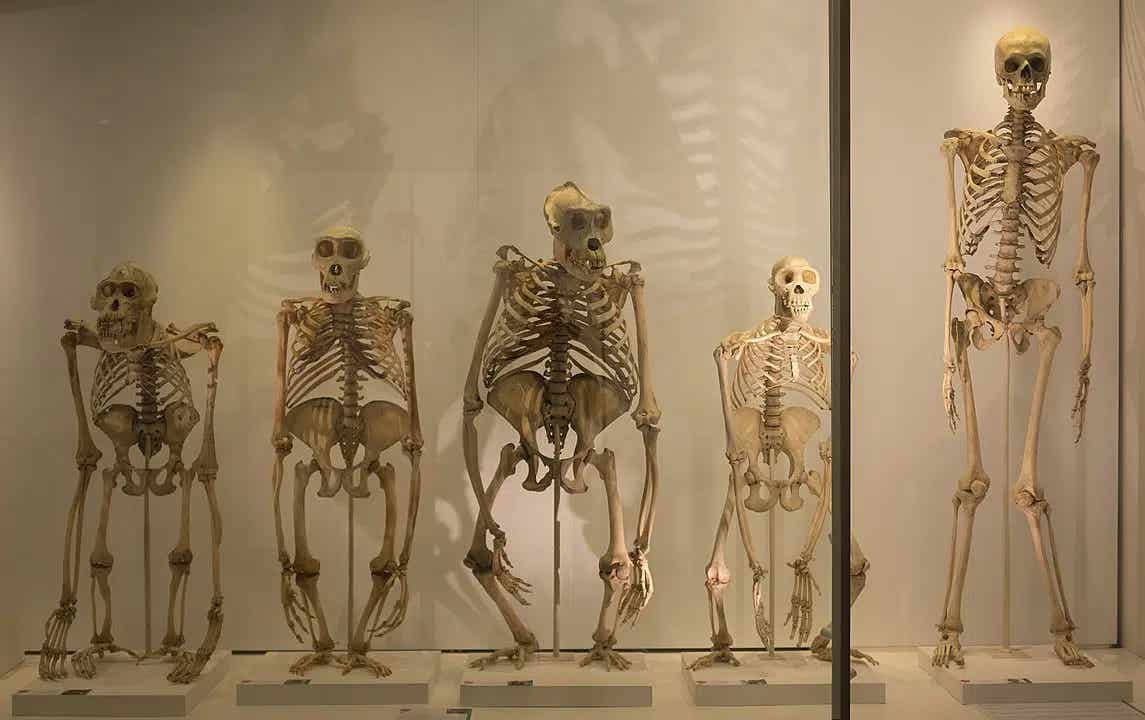PROTEUS System: Artificial biological intelligence to change the future of healthcare
Scientists create PROTEUS, a biological AI system accelerating drug development by evolving molecules directly within mammal cells.

Australian researchers develop PROTEUS, a biological AI system evolving new molecules rapidly within mammal cells, transforming medicine and genetics. (CREDIT: CC BY-SA 4.0)
Australian scientists have developed a groundbreaking approach that harnesses artificial biological intelligence to rapidly evolve molecules with improved functions directly within mammal cells. This system, named PROTEUS, short for PROTein Evolution Using Selection, could significantly accelerate the creation of new medicines and gene therapies by solving biological problems previously deemed too complex or time-consuming.
Harnessing the Power of Evolution
PROTEUS takes advantage of a method known as "directed evolution." This technique mimics natural evolutionary processes but speeds them up dramatically. Normally, biological evolution takes years, decades, or even longer. With PROTEUS, scientists achieve these results in just weeks.
Historically, directed evolution has mostly worked in bacterial cells, limiting its use in more complex biological systems. However, PROTEUS stands apart by functioning effectively in mammalian cells, allowing researchers to explore evolutionary solutions closer to human biology.
Professor Greg Neely, head of the Dr. John and Anne Chong Lab for Functional Genomics at the University of Sydney, explained the potential impact clearly. "PROTEUS can be used to generate new molecules highly tuned to function in our bodies," he said. "We can make new medicines that would be difficult or impossible to make with current technologies."
Tackling Complex Biological Problems
Scientists can present PROTEUS with complex biological challenges, such as shutting down a harmful gene linked to disease. Like an artificial intelligence model receiving prompts, the system quickly explores millions of potential solutions that don't exist naturally. It identifies and evolves the best molecules for the task, dramatically reducing the time and effort traditionally needed.
Lead researcher Dr. Christopher Denes, from the Charles Perkins Centre and the School of Life and Environmental Sciences, highlighted the system's unique advantage. "With PROTEUS, we can program a mammalian cell with a genetic problem we're unsure how to solve," Denes said. "Letting our system run continuously means we can regularly check to understand exactly how it solves our genetic challenge."
Related Stories
- Scientists discover what drives the maximum lifespan potential of mammals
- Ancient DNA is still shaping early embryo development in humans and other mammals
- Scientists edit mitochondrial DNA to reverse genetic diseases which often have no cure
Innovation in Molecular Stability
A significant hurdle the researchers faced was maintaining stability through multiple cycles of rapid evolution. Cells typically find shortcuts, "cheating" the system with trivial solutions that fail to address the core challenge.
To prevent this, the team created a unique solution: chimeric virus-like particles. These particles combine the outer shells of one virus with genes from another, effectively stabilizing the process and ensuring genuine, useful outcomes.
By merging elements from different virus families, the researchers enabled cells to evaluate numerous solutions simultaneously. Over time, beneficial mutations dominate, while ineffective solutions naturally disappear.
Real-world Applications
Already, PROTEUS has delivered impressive results. Scientists successfully evolved proteins that respond better to drug control, creating powerful new tools for gene regulation. They also developed nanobodies—tiny versions of antibodies—that detect DNA damage, a critical process involved in cancer development.
But these early achievements are just the beginning. According to Professor Neely, "Our goals include enhancing gene-editing technologies and fine-tuning mRNA medicines for stronger and more precise effects." He emphasized the system’s versatility, noting PROTEUS can improve nearly any protein or molecule researchers choose to focus on.
Open for Collaboration
To maximize PROTEUS's potential impact, the research team at the University of Sydney has made their technology open source. "PROTEUS is stable, robust, and validated by independent labs," Dr. Denes said. "We welcome other labs to adopt this technique. By applying PROTEUS, we aim to empower a new generation of enzymes, molecular tools, and therapeutics."
PROTEUS’s introduction marks a significant advancement from previous directed evolution platforms, primarily limited to simpler organisms like yeast or bacteria. Those systems lacked the complex interactions and modifications seen in mammalian cells, restricting their effectiveness. Now, by evolving molecules directly in mammalian systems, PROTEUS bridges this critical gap.
Looking to the Future
The development of PROTEUS expands on groundbreaking work recognized by the 2018 Nobel Prize in Chemistry, awarded for pioneering the concept of directed evolution. Today, PROTEUS advances this legacy by unlocking the full power of molecular evolution directly within mammalian cells.
Ultimately, the researchers hope their innovative system will inspire diverse applications across biotechnology and medicine.
With PROTEUS now freely available, scientists around the world can explore revolutionary new treatments and solutions, transforming the landscape of healthcare and biological research.
Research findings are available online in the journal Nature Communications.
Note: The article above provided above by The Brighter Side of News.
Like these kind of feel good stories? Get The Brighter Side of News' newsletter.



